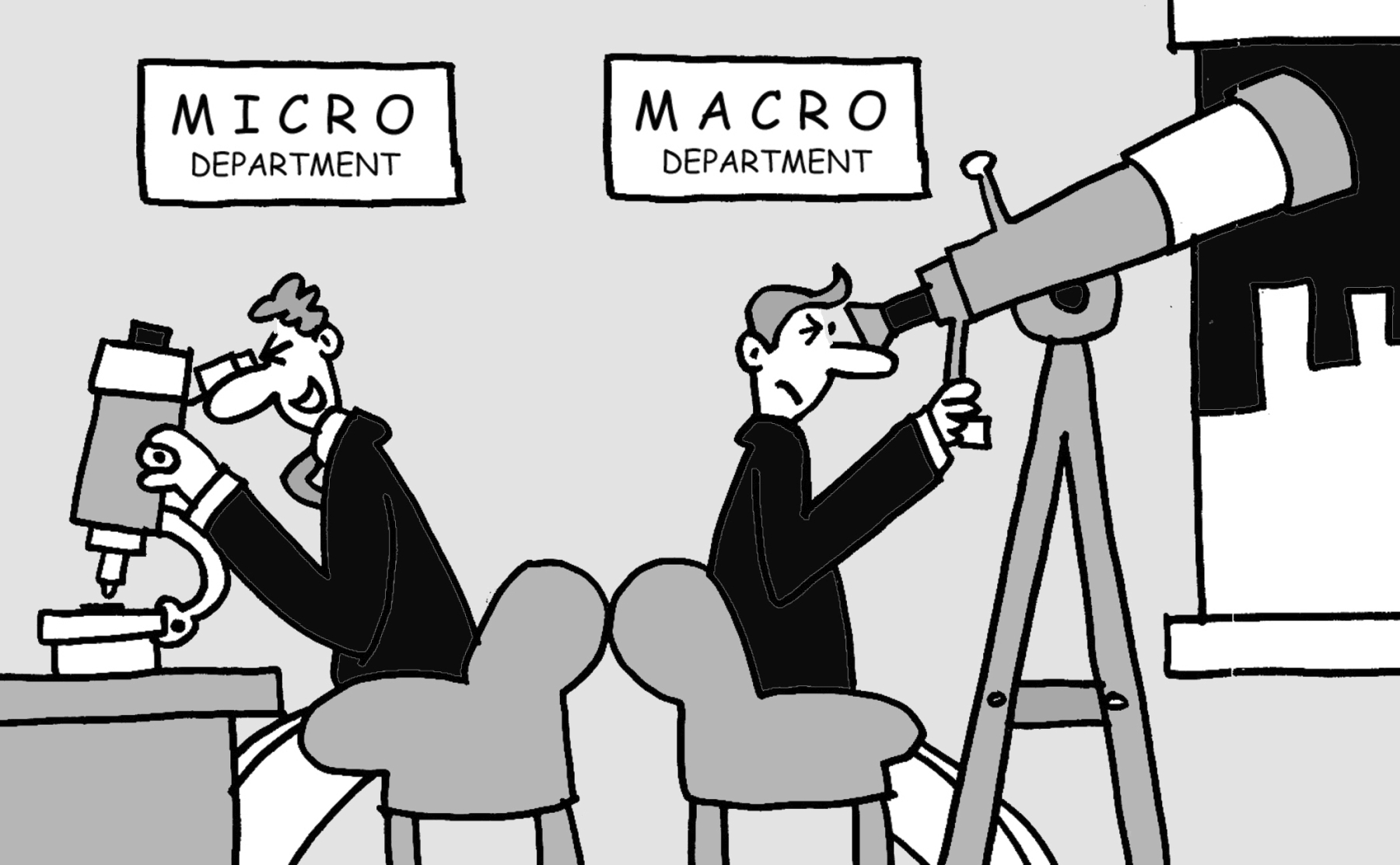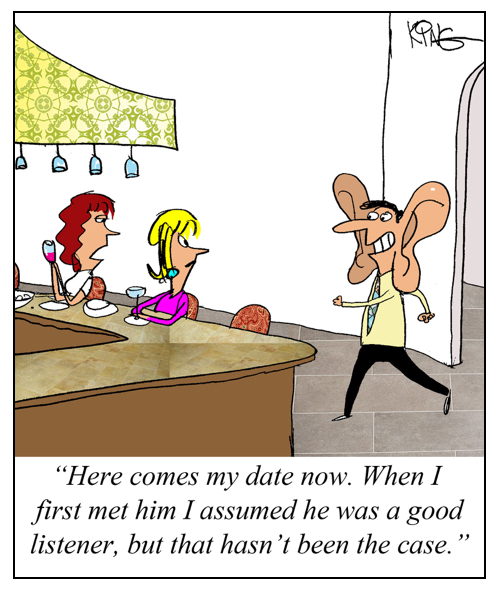
God is in the details. —Architect Ludwig Mies van der Rohe
Some people can’t see the forest for the trees.
These two statements seem contradictory. Should leaders focus on details or broad issues? The answer is: both.
A helicopter is unique in that, unlike a fixed-wing plane, it can hover over a single geographical area and also quickly change altitude. One moment it can be low to the ground and seconds later it can be thousands of feet high.
This is a good metaphor for the multiple perspectives a leader must continually negotiate. Sometimes you must think granularly and get involved in micro aspects of the organization; moments later you may need to shift to a “high-altitude” and consider macro concerns.
A friend of mine once worked for a Mr. Sewell, who owns several luxury car dealerships in the Dallas/Ft. Worth metroplex. He told me an interesting anecdote that illustrates how a good leader continually negotiates a “helicopter perspective.” One day my friend overhead a telephone conversation Sewell was having with the CEO of General Motors. They talked about the global economy, China’s impact on the auto industry, the Fed raising interest rates, and other broad topics. When he finished the phone conversation, Sewell walked to the parts department and asked if the bumper for Mrs. Murphy’s Escalade had arrived.
One moment he was thinking about global concerns, seconds later, about a customer’s bumper.
Winston Churchill also had the ability to toggle between minor and major issues. In their book, We Shall Not Fail: The Inspiring Leadership of Winston Churchill, Sandys and Litman wrote, “Churchill was a man who mastered details without losing sight of the larger picture. He needed to know the progress of countless complicated operations. He wanted to know production figures, delivery dates, forecasts, and statistics.”
Churchill’s mind for detail is exemplified in a memo he sent to the First Lord of the Admiralty during WW2 in which he suggested a way that seamen could communicate more efficiently: “Is it really necessary to describe the Tirpitz (a German Battleship) as the Admiral von Tirpitz in every signal? This must cause a considerable waste of time for signalmen, cipher staff and typists. Surely Tirpitz is good enough for the beast.”
But Churchill also maintained a broad perspective, dealing effectively with large, worldwide events and trends.
The helicopter perspective is essential for leaders but it can also be beneficial in our individual lives. Don’t stay so focused on minutia that you neglect long-term, mega issues. Learn to toggle between details and big-picture items. For instance, in conversations, when we discuss policies, principles and concepts, we are thinking and conversing at a “high-altitude”; when we consider specific examples of those over-arching thoughts, we’re addressing “low-altitude” issues.
For decades, Mary and I have devoted the week between Christmas and New Year’s to long-range planning; we adopt a high-altitude mentality and consider major, long-term issues. But daily, we’re wrestling with “stuff”; issues that are local and specific. We just make sure that all the details contribute to larger aims and intentions.
Develop the indispensable skill of seeing both details and the big-picture.
[reminder]What are your thoughts about this essay?[/reminder]



 Finding temporary and specific causes for misfortune is the art of hope. Finding permanent and universal causes for misfortune is the practice of despair. Boyd Clark
Finding temporary and specific causes for misfortune is the art of hope. Finding permanent and universal causes for misfortune is the practice of despair. Boyd Clark